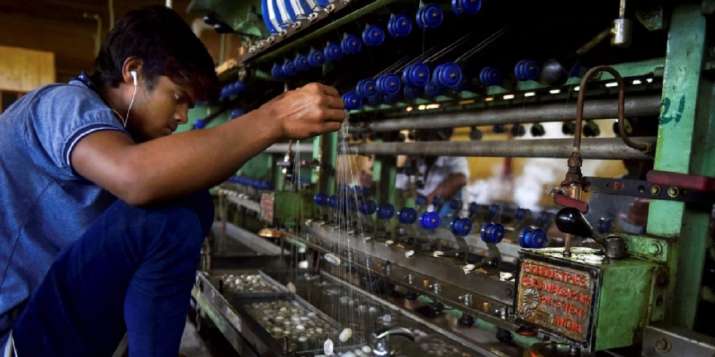For MSMEs, sustained funding represents the difference between success and failure. Without timely credit, it would be virtually impossible for small enterprises to manage operational costs. As per the RBI’s 2019 report, the MSME segment had a credit gap of approximately Rs20-25 lakh crore.
Earlier, MSMEs could avail of credit through collateral-based loans. Since banks and NBFCs (non-banking finance companies) had assets pledged as security, lenders provided loans at comparatively lower interest rates. Yet, loans linked to collateral posed a major challenge for small entrepreneurs who lacked assets that could be pledged.
Advent of Cash Flow-based Lending
However, the advent of cash flow-based lending has made it much easier for MSMEs to procure credit, although at a somewhat higher interest rate to cover the extra risk of lenders. In such scenarios, the interest rate is determined according to the borrowers’ risk profile.
In recent years, the cash-flow model has come into vogue after banks and NBFCs realised that many MSMEs could not opt for asset-based secured lending. While new-age lenders such as NBFCs and fintech firms were the first to realise the potential of cash flow-based loans, banks and other traditional lenders only followed suit later. Today, legacy lenders take a practical perspective while offering the new loan option because the rise of first-time entrepreneurs and the division of family assets mean adequate collateral is not always available.
Nonetheless, MSMEs must adhere to specific guidelines to obtain cash flow-based loans sans security. The main prerequisite is that business promoters must disclose adequate business data so prospective lenders can gauge the financial condition of the business over the short and long term.
Such data may include information from alternative sources such as digital transactions linked to RTGS, NEFT, IMPS, UPI and GST. During due diligence, IT returns, bank statements, POS (point of sale) data and other sources are also considered. Additionally, past credit history with timely repayments is viewed as the hallmark of responsible borrowers. The past and present business growth is also taken into account in deciding the interest rate.
Barriers to Procuring Data
Unfortunately, obtaining relevant data from MSME promoters isn’t easy. This is primarily because of the mindset that a better credit score can be maintained by not divulging all information. Most MSMEs remain reluctant to share GST data or bank account details. Such an approach is as counterintuitive as patients refusing to reveal all symptoms to the physician. Without relevant data, the creditworthiness of prospective borrowers cannot be gauged by lenders. Consequently, the loan requests are declined, leaving deserving MSMEs wondering what went wrong.
Besides data sharing, another requirement is that MSMEs must ascertain the credit is used specifically for the purpose mentioned in the loan application. Also, notwithstanding the quantum of their stake, promoters must accept full responsibility for managing the company. Promoters with a lackadaisical or arms-length approach to doing business don’t inspire confidence among lenders, making it difficult to approve loans even in deserving cases.
The other rider is repayments must always be in time as per the EMI (equated monthly instalment) schedule. Even a single skipped or delayed payment impacts the credit score. As a result, such MSME promoters won’t be advanced loans in future due to their bad credit history.
Given the challenges, MSME promoters must keep all aspects in mind before applying for a loan from NBFCs. If more information is disclosed, the chances of approval are greater – at competitive interest rates.
No doubt, cash flow-based lending has been a saviour for many small businesses badly impacted by the pandemic. Without funds to manage even day-to-day expenses, many shut down while others were on the verge of closure. Thanks to cash flow-based credit, however, these enterprises survived those tumultuous times to thrive thereafter. Hopefully, such success stories will keep emerging every year.
By Deepak Aggarwal, Co-Founder, Moneyboxx Finance
(Disclaimer: The opinions expressed in this article are those of the author. They do not reflect the views of India TV)
Latest Business News
For all the latest Business News Click Here
For the latest news and updates, follow us on Google News.

